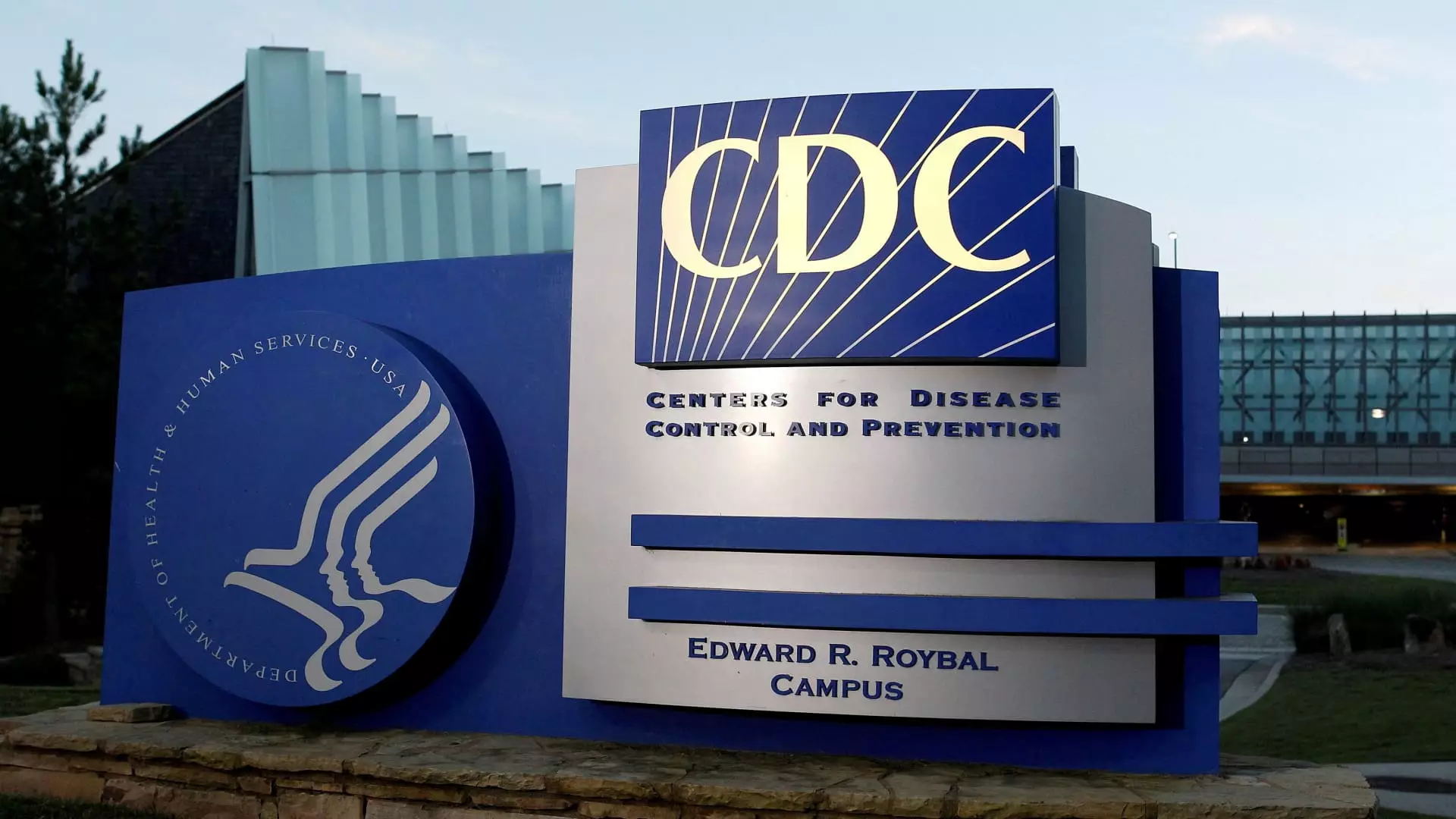The recent overhaul of the Advisory Committee on Immunization Practices (ACIP) led by Health and Human Services Secretary Robert F. Kennedy Jr. represents a profound and alarming shift in the ever-contentious landscape of public health policy. Historically, ACIP has served as a pillar of scientific rigor and evidence-based guidance for immunization practices in the United States. But with the infusion of vaccine critics into its ranks, we find ourselves teetering on the precipice of uncertainty regarding the safety and effectiveness of vaccines—a cornerstone in public health.
Kennedy’s bold move to replace the entire committee, tapping individuals known for their skepticism toward vaccines, has raised the alarm among public health experts and advocates alike. The implications of this shake-up cannot be overstated. By appointing infamous vaccine critics, Kennedy casts doubt on the integrity of the ACIP and its ability to fulfill its mission of protecting public health. This new trajectory not only endangers the confidence the public has in vaccines but also risks undermining years of scientific research that have validated their effectiveness in combating infectious diseases.
The Influence of Misinformation
The newly appointed members, such as Dr. Robert Malone and Retsef Levi, have become synonymous with a troubling narrative that fuels vaccine hesitancy. Malone has eschewed scientific consensus in favor of sensational claims that dwell on unverified beliefs surrounding vaccine safety. Levi’s public assertions, alleging that mRNA vaccines pose a lethal risk to the youth, further amplify the atmosphere of fear and distrust surrounding immunization. The irony is palpable: these individuals were invited to use a platform built on scientific integrity to promote ideas that lack substantive evidence.
This situation is exacerbated by the presence of Vicky Pebsworth, a nurse affiliated with an organization notorious for disseminating vaccine misinformation. Her dual role as a committee member and a stakeholder with investments in the health sector is startling—if not troubling. When accountability is undermined by potential conflicts of interest, it raises a legitimate question: Are the needs of public health being placed secondary to personal gain?
A Strained Relationship with Science
Dr. Martin Kulldorff, the newly minted chair of the committee, described the nuanced position vaccines occupy—an acknowledgment that vaccines cannot be universally categorized as either entirely benevolent or inherently malevolent. However, the fact that this discussion is emerging within the realm of a committee tasked with making decisive recommendations raises alarm bells. If the authority that traditionally champions evidence is now moderating a debate steeped in misinformation, we must confront the chilling ramifications.
Scientific inquiry thrives on the premise of discussion and dissent, but only when that discourse is shaped by empirical evidence rather than emotional rhetoric or unsubstantiated claims. The miscasting of vaccines as objects of personal opinion rather than subjects of medical research not only weakens the credibility of scientific institutions; it also jeopardizes public health strategies that have saved countless lives over the decades.
The Future of Vaccination in Jeopardy
As the ACIP delves into its latest meeting to scrutinize vaccination protocols—including those for COVID-19 and RSV—it carries the burden of historical gravity on its shoulders. The future of immunization policies will largely depend on the committee’s decisions, grounded in their ability to navigate the distorted landscape created by vaccine skepticism.
Without rigorous oversight, the potential for politicization of medical advice looms large. The balance of power in public health could inch dangerously toward catering to a narrative driven by fear rather than facts. And as vaccine recommendations become increasingly polarized, the average citizen—expected to rely on this advice—finds themselves lost amid a sea of conflicting ideologies.
This reconfiguration may not merely lead to a change in who recommends vaccines. It portends a shift in how society perceives the imperative of vaccination itself. As a center-wing liberal, I ardently believe that science should guide our health decisions rather than the whims of populist rhetoric. It is critical that we fortify our commitment to evidence-based policy, ensuring that public health remains a space for rational debate and scientific integrity rather than a battleground for ideological conflict.

